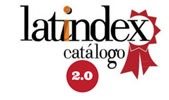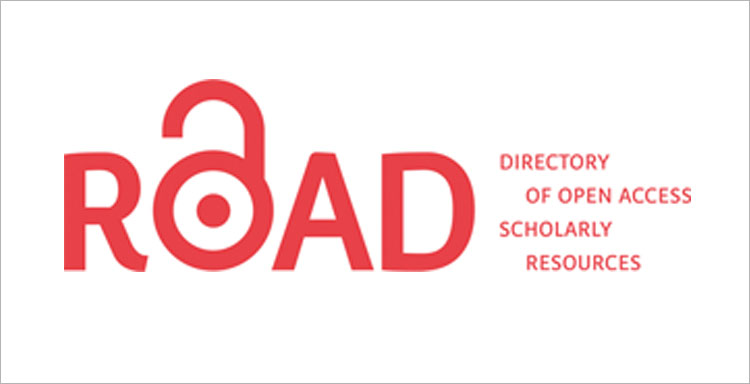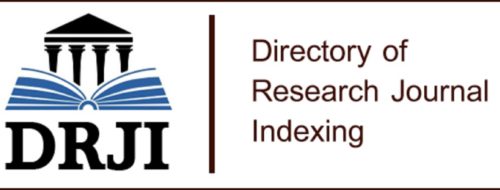Sociodemographic characterization of caregivers and people with special capabilities in Manta, 2018
Investigation article
Keywords:
caregiver, social components, demographic, people with disabilitiesAbstract
The objective of the present investigation is to know the social and demographic components, as well as the real and current conditions of the community of the social and cultural context of the caretaker of people with special abilities. This is a quantitative, descriptive, non-experimental, cross-sectional study, conducted with a sample of 23 families from the Ceibos Renacer community, stage I of the city of Manta in 2018. The hypothesis suggests that the lack of training generates risks that caregivers of people with disabilities assume, depending on the sociocultural context, affecting not only their quality of life, but the efficiency of care for people with different abilities. The caregiver characterization questionnaire and the Zarit caregiver overload scale were used to assess a single dimension of the load, focusing on the subjective load, and establish cut-off points to differentiate between absence of load and slight overload and between light overload and intense overload and the Family Functioning Test, used to evaluate family dynamics and interaction.
Keywords: caregiver, social components, demographic, people with disabilities.






3.jpg)











